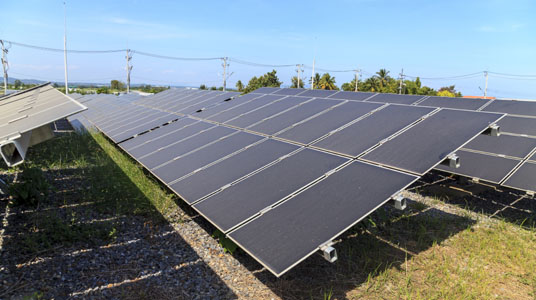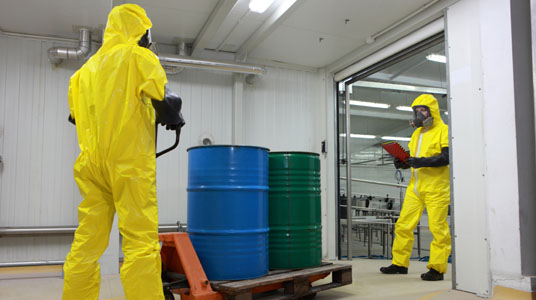The U.S. Environmental Protection Agency (EPA) defines environmental justice as “the fair treatment and meaningful involvement of all people regardless of race, color, national origin, or income, with respect to the development, implementation, and enforcement of environmental laws, regulations, and policies.” The NIEHS Worker Training Program (WTP), through its Environmental Career Worker Training Program, has provided significant contributions to environmental justice by providing training to and increasing job opportunities for people from underserved and disadvantaged communities. The program enables these people to participate in addressing the needs of their communities in a more meaningful way. This section features training programs and initiatives that play a role in advancing environmental justice.

Brownfields
A brownfield site is “real property, the expansion, redevelopment, or reuse of which may be complicated by the presence or potential presence of a hazardous substance, pollutant, or contaminant.” Resources on this page address efforts to promote jobs and environmental justice through the safe and successful cleanup of Brownfields sites.

Green Jobs
The WTP continues to monitor discussions on green jobs training and hazards associated with green industries in an effort to ensure that green jobs are safe jobs. This page explores efforts to better prepare low-income and minority residents for the green jobs market and features green jobs training courses offered by WTP awardees.

Right to Understand
Target populations for training programs funded by the WTP include those who may face language, cultural, and literacy barriers to employment. Resources on this page address occupational safety and health training for non-English speaking workers, and language and literacy issues in underserved worker populations.


